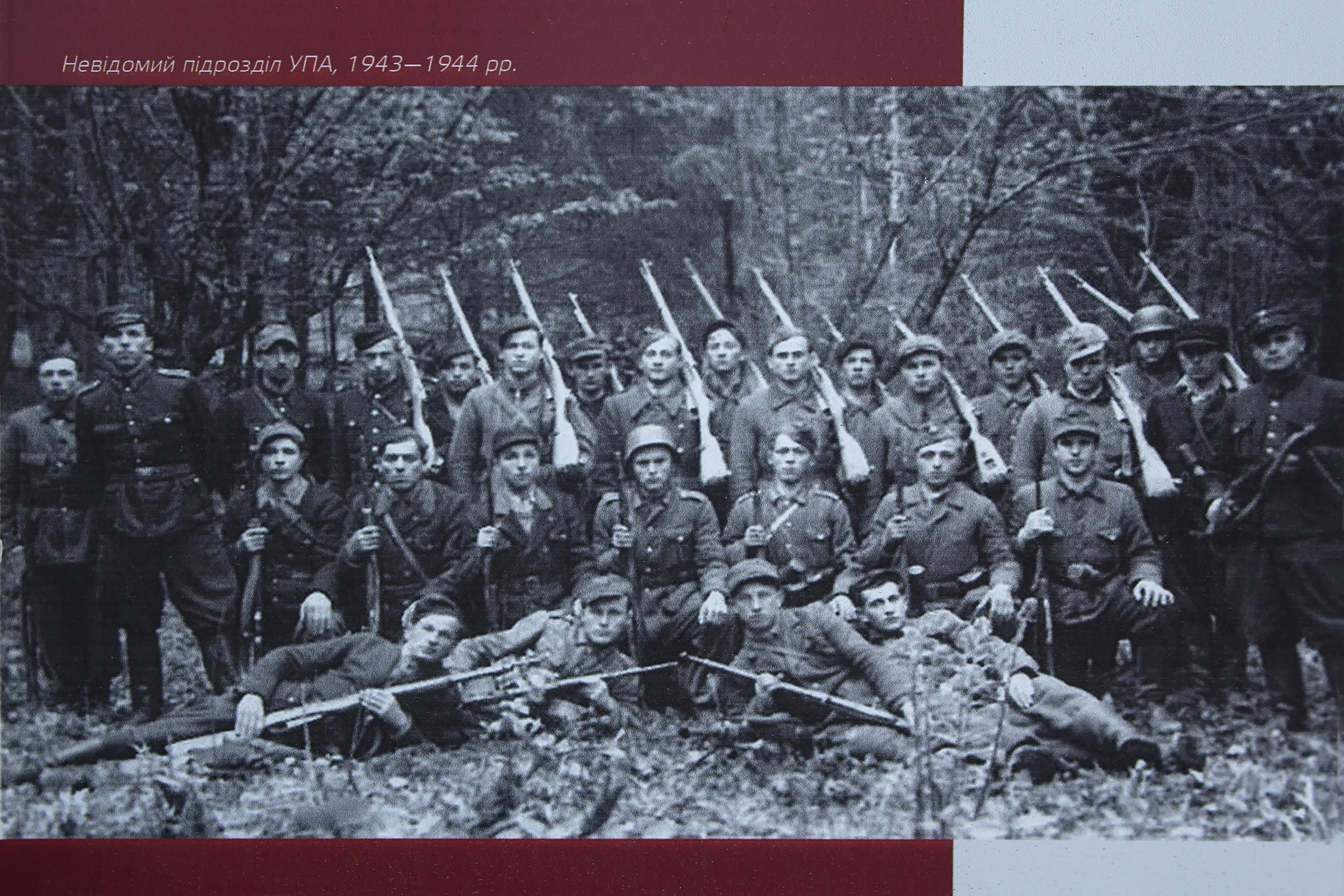
Hyperbolic Discounting
“It is perfectly rational to play a risky game:
What is irrational is to deceive oneself about the risks”
–– Dr. Imre Lakatos PhD
Dr Lakatos was not a particularly nice man, but he (if you read his bio) was a man very familiar with risk. As a Hungarian partisan during WWII fighting the German occupation and then in the 1956 Hungarian Revolution. He knew all about risk.
He would surely tell you that hyperbolic discounting really is one risk too many. The term is one that economists use to describe the tendency that people have to choose short-term gains over long term gains. We have all heard the stories of studies where a small child is given the option of a cookie now, or a greater reward later. As you might expect, few children pass up on the immediate gratification of the cookie. Getting trashed on Sunday night (short term gain) without rationally factoring in the cost (Monday morning hangover) is another classic example of hyperbolic discounting in action.
Within organizations, hyperbolic discounting takes many forms. One of them is martyrdom demonstrated by people who tell themselves and others that they are demonstrating commitment by killing themselves , working all the time, foregoing rest or any recreation for weeks or even years. Those people make a fetish of being busy. I am sure we all know at least one person like that. But research is starting to show that this kind of behavior/lifestyle makes these martyrs sick, stupid and forgetful. No one can sustain it over the long run and you never know when the break will occur.
Can you really take that risk?

